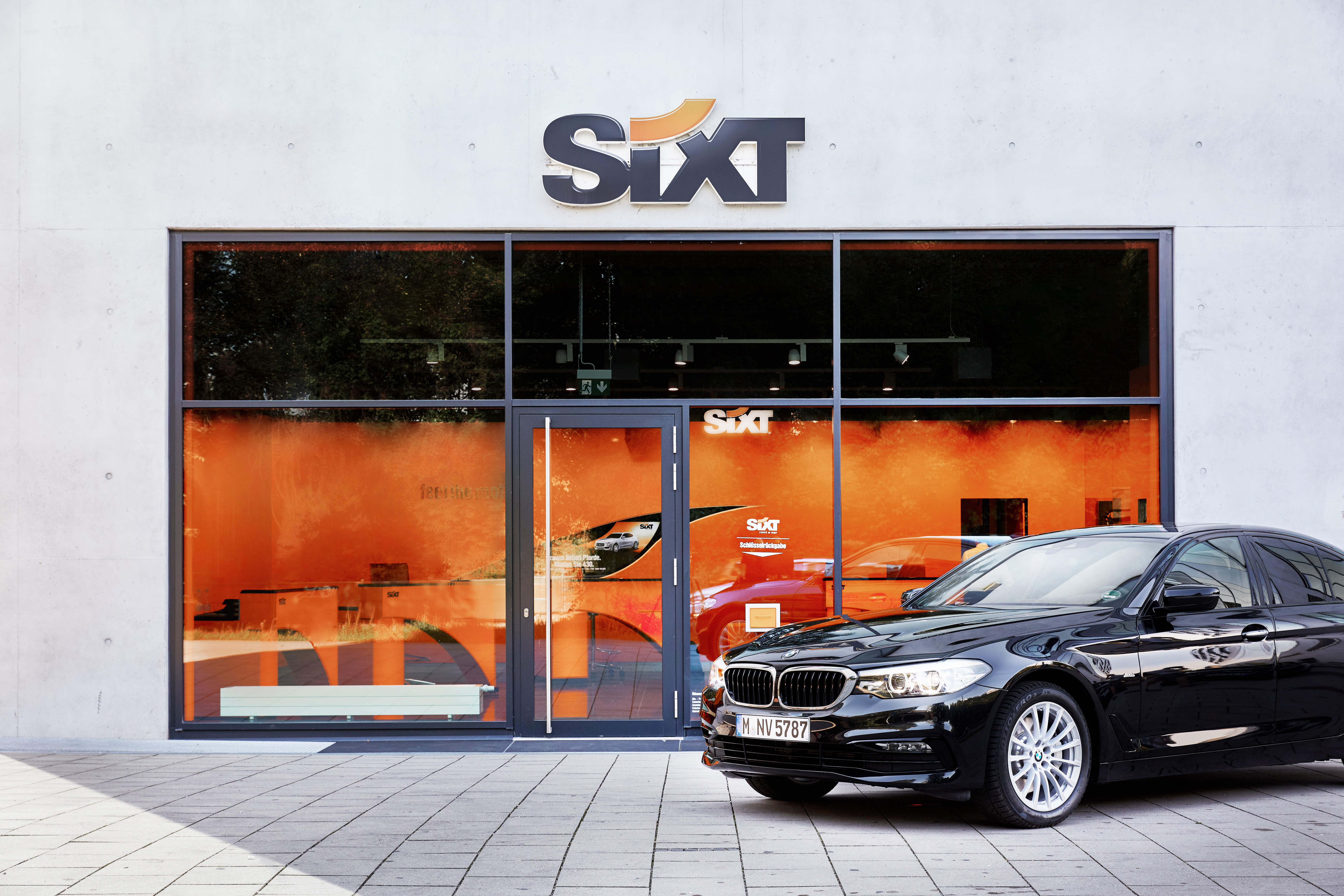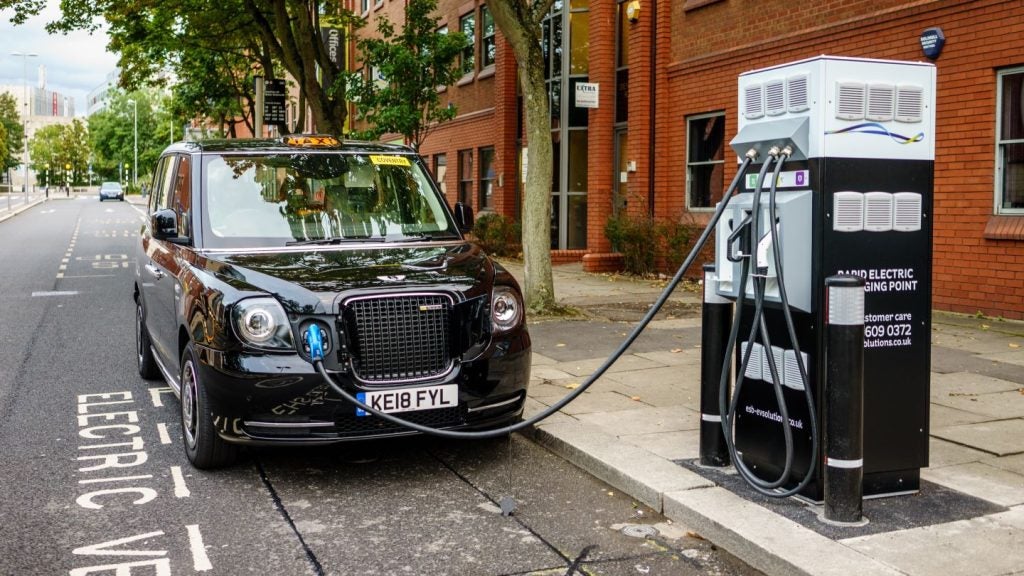
Sixt Leasing has detailed plans to reduce the presence of diesel vehicles in its fleet, and hedge against possible vehicle devaluation and fuel bans.
The German company, operating in fleet leasing and online retail, said it was monitoring the regulatory landscape over diesel, and added it had raised provisions against a devaluation of diesel cars.
Sixt Leasing said it held around 5,600 Euro 5 and Euro 4 diesel vehicles in Germany that were not covered by buyback agreements with vehicle suppliers.
It said the plan was to reduce that number to 2,500 vehicles in 2018, and push new contract volumes down by 15% for diesel vehicles with no buyback agreements.
Virtually no such contracts had been concluded through the online retail channel in 2017, according to Sixt, with volumes and margins remaining stable nonetheless.
The company said it planned a similar shift in the fleet business, but added that it would take longer than for the retail channel.
How well do you really know your competitors?
Access the most comprehensive Company Profiles on the market, powered by GlobalData. Save hours of research. Gain competitive edge.

Thank you!
Your download email will arrive shortly
Not ready to buy yet? Download a free sample
We are confident about the unique quality of our Company Profiles. However, we want you to make the most beneficial decision for your business, so we offer a free sample that you can download by submitting the below form
By GlobalDataSixt expressed its intentions just a few weeks Germany’s top court ruled that it is within the remit of city authorities to ban more polluting diesel vehicles from their streets, with Stuttgart, Hamburg and Duesseldorf already taking such steps.
International push
The company said it would push further into markets outside Germany.
It said it intended to strengthen its B2B auction channel abroad by bringing in more international dealers, in an explicit effort to reduce dependency on the German used car market.
Online retail platform Sixt Neuwagen will start expanding abroad in 2019, starting with “selected markets such as France, Italy or Spain”.
Cooperation with other companies was highlighted as one of the ways to achieve internationalisation. Sixt Leasing already has a cooperation in place with Peugeot and German telecoms operator 1&1.
Finally, the company said it intends to bring its fleet management business to eight or nine European countries.
Sixt Leasing recently strengthened the collaboration with parent Sixt, introducing a corporate package that includes rental, lease and shared mobility options.
Online retail drives revenue growth
Revenues for Sixt Leasing grew 4.2% to €744m (£839m) in 2017, mainly thanks to growth in online retail, said preliminary results for the company.
The contract portfolio for fleet leasing increased increased 1.2% to 48,100 contracts over the course of 2017. Volumes for the online retail business jumped 65.6%, hitting 45,400 contracts. Combined revenues for the two segments increased 1.8% to €637m.
The fleet management portfolio also saw an expansion, up 1.9% to 39,400 contracts. Revenues were 21.9% higher from the previous year, reaching €106.1m. Sixt attributed the revenue growth to the incorporation of Sixt Mobility Consulting in Switzerland in late 2016.
Earnings before taxes for the whole business fell 5.9%, to €29m. Sixt said this was the result of technology investment as well as additional provisions for a decrease in residual values for leased vehicles.







